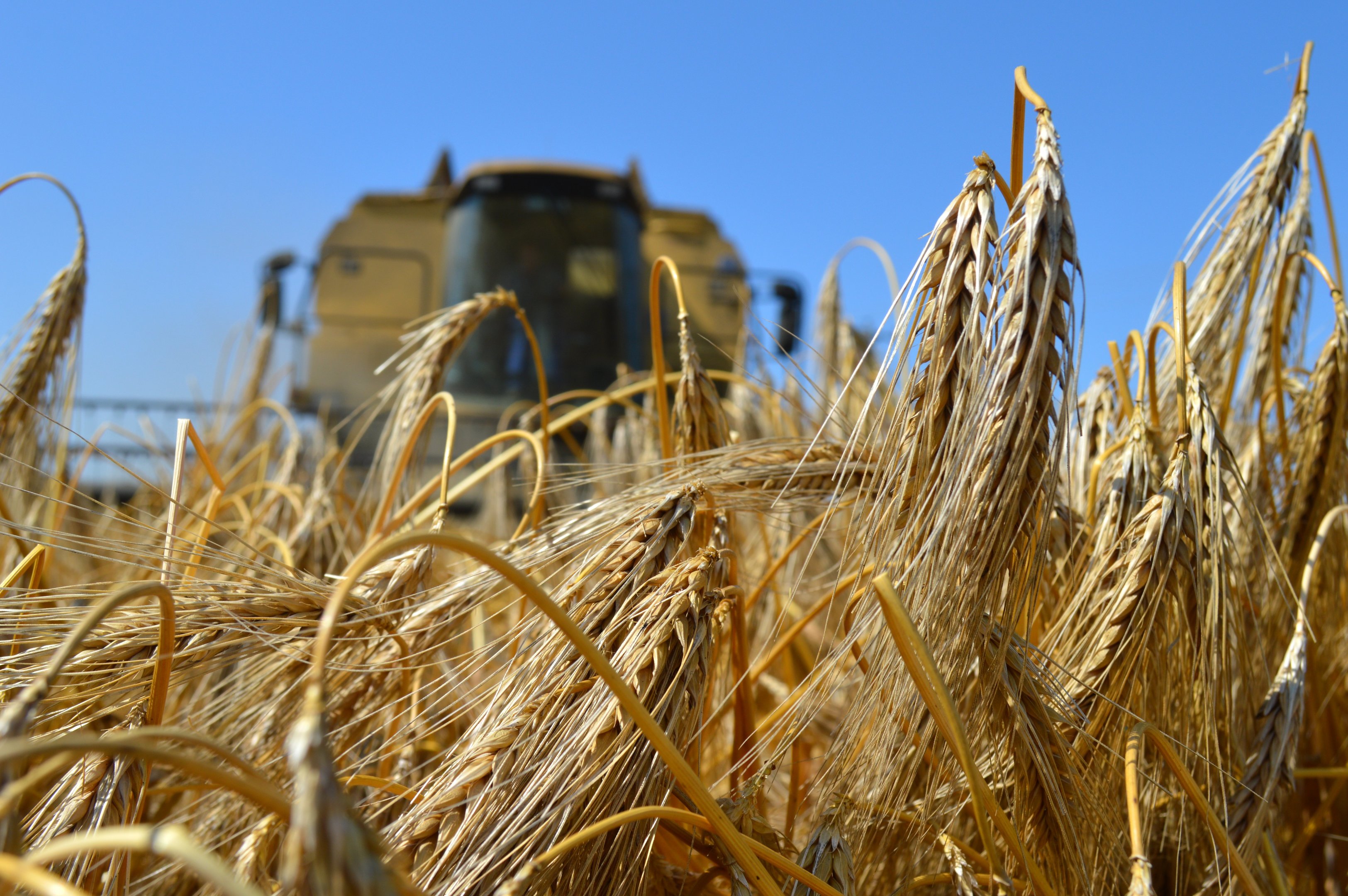East coast farmers have scrambled their combines into oilseed rape fields ahead of schedule to avoid crop losses after the weekend’s gales.
Growers and contractors report some damage from the wild weekend weather and the first machines are now tearing in to fields of oilseed rape in Perthshire and Angus.
NFU Scotland’s combinable crops committee chairman, Ian Sands, Townhead, Balbeggie had already cut 50 acres of winter barley before started harvesting oil seed rape at Errol yesterday.
“The winds weren’t welcome and they certainly shook the grain. Oilseed rape is the problem. It’s dessicated so we’re tearing on and combining around 80 acres,” he said.
“The winter barley harvest is about two thirds through locally and yields aren’t bad, certainly not as bad as those reported in England.”
East of Scotland Farmers manager Robin Barron reported the winter barley grown for the malting market was meeting specifications.
“The crops aren’t breaking records and yields are average,” he said.
“Some crops are thin and not every grain is as heavy as farmers would like. The harvest is nothing to write home about so far.”
Frontier Agriculture’s Scottish general manager, Bruce Ferguson said winter bushel weights were better than those seen south of the border. And he added that farmers were estimating the spring harvest would begin in around 10 days time.
“In most areas it’s probably two weeks away, and soil type could have quite a bearing on the crop this year but there’s still everything to play for,” he said.
At Laurencekirk Andrew Moir said yields in his fields were better than expected and his six row winter barley variety had performed well.
He added: “We went in to the fields early because we were starting to lose heads and we were terrified about the damage the wind was going to do.
“The unbaled straw is being blown about but in the main I think we’ve got away with it.”
Courier columnist Gordon Rennie reported his winter barley harvest was complete and had averaged around 10 tonnes/ha.
“The variety was a seed crop of KWS Tower with specific weight of around 65 kg. The ex farm price was £120 / tonne and massive amounts of straw sold to neighbours,” he said.










